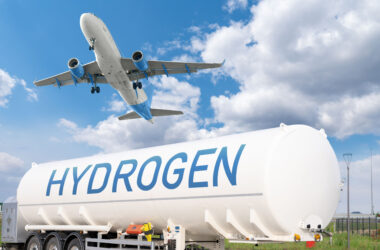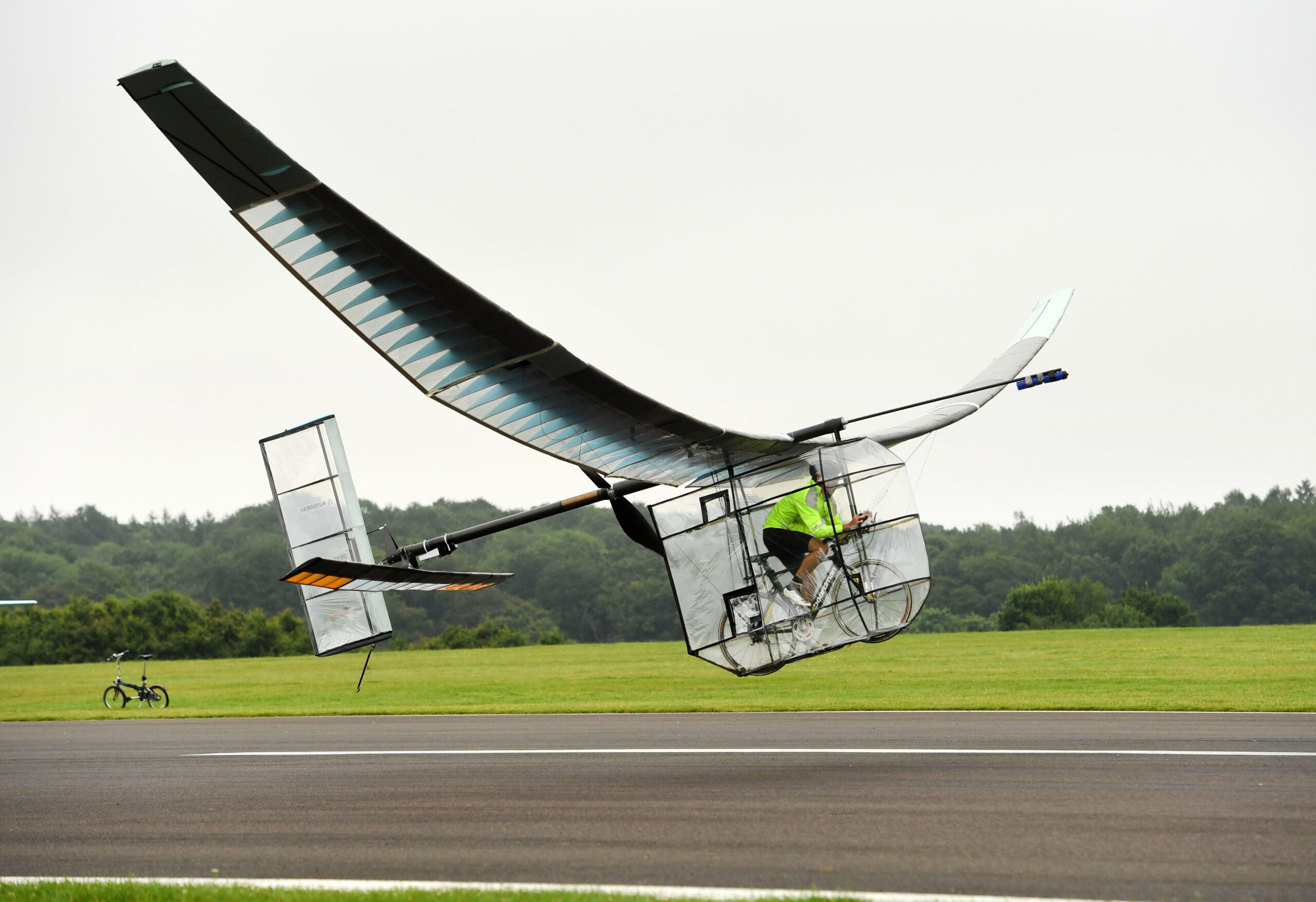French startup VoltAero has successfully completed its first test flight.
A French startup VoltAero is one step further on in its mission to create a commercially viable hybrid propeller-drive aircraft.
Current battery tech has the limits for aircraft as it does for electric cars. Unlike a car, where the limited range of a battery is obviously an inconvenience, aircraft have more limited options for stopping if they run out of juice.
The French firm believes that a hybrid propeller-drive systems is a better way to go – at least for now – and their latest prototype has just completed its first successful test flight.

The test flight put its Cassio 1 testbed aircraft through its paces at the Royan-Médis Aérodrome in France with two propellers installed on each wing and each prop being driven by a separate 60-kilowatt ENGINeUS 45 electric motor made by Safran Electrical & Power.
The engine does not just provide the plane with propulsion. The combustion engine charges the electric motors’ batteries while in flight.
On the prototype craft, a 3rd pusher propeller ( in the rear of the aircraft ) was powered solely by a conventional 170-kW combustion engine but the company hope to replace it with a stand-alone rear engine for a hybrid power module in the final build.

That would mean the final craft would pack three 60-kW electric motors combined with a single 300-kW combustion engine. Giving it a total output of 480 kilowatts. While this final module has already been built but is currently still undergoing ground-based testing.

That would mean the plane would have a top speed of 200 knots (230 mph) and be able to fly for at least 3.5 hours.
The test pilot and technical director Didier Esteyne reported that the new ENGINeUS motors produced no vibrations and “extremely low noise levels.”
VoltAero plans to commercialise the design would rely on manufacturing a four, six and nine seat versions of the Cassio craft between 2021-and-2022.








